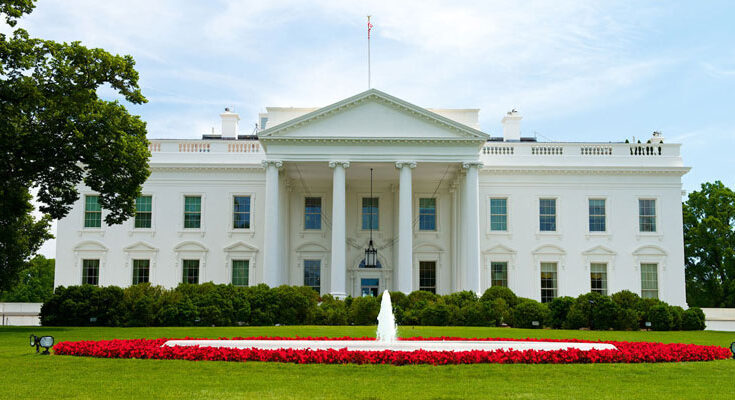Column By Mike Bibb
With near chaos creeping closer every day, it appears to any clear-headed individual – regardless of political philosophy – that if things aren’t soon brought under control, and restraint and fiscal integrity restored to our governing process, the day may arrive when it will be too late to achieve these goals.
But, how do we do this with a Congress fractured by its self-interests?
Certainly, little attention is given to our nation’s primary document of governance and perseverance, the United States Constitution. It isn’t taught much in school; students can pass through the entire 12- or 16-year educational process and come out the other side not knowing much more about our government and history than when they started.
As a result, most people are ignorant of the very information they need to maintain their freedoms and independence.
Certainly, a left-leaning press and social media will present its version, and nearly everyone is cognizant of the current uproar of the day – open borders, inflation, and endless wars.
However, few can explain why city, state, and national governments are permitted to exceed their established spending limits, or why these representatives arrogantly maintain it is necessary to keep increasing budgeting requirements to cover funds already exhausted.
It’s a never-ending cycle of tax and spend, and tax again. Don’t complain, or you’ll be targeted as some tax protester. Just take it and pay it.
This lunacy has gotten us $33 trillion in debt, not counting local and state spending and taxing. There is no way it can be repaid without causing economic upheaval and worldwide instability.
The idea of a society burdening itself by going more than $30 trillion in arrears is incomprehensible. How is this possible, and by what logical process was it allowed to happen?
After decades of irresponsible stewardship, it’s apparent Congress has no intention of fixing the problem, instead ignoring the most basic financial advice: When you’ve dug yourself into a hole, stop digging and throw away the shovel.
We’re assured by the latest crop of political candidates they’re going to “Balance the budget.” Sure, they are, and they may come close. However, an annual government budget and national indebtedness are two different things.
Currently, interest on our debt is one of the largest expenditures of the nation’s annual budget. In other words, money that could be used to finance other endeavors is required to pay the loan interest on previously borrowed money.
As the nation sinks deeper into a financial quagmire, the interest naturally increases. It’s not difficult to figure out.
What’s the solution? How can we right the ship after it’s taken on so much water?
Like most things, there are no guarantees of success, except a lot of hard work will be involved. Fortunately, our Founders were wise enough to recognize the possibility many latter-day legislators may devolve into a bunch of bumbling fools, whose primary passions are more concerned with self-enrichment, perpetual campaigning/reelection, and promoting a global agenda not conducive to America’s safety.
There’s an infrequently discussed topic in the Constitution that mentions a lawfully prescribed procedure available to help reverse Congress’ ineptness and return responsibility to local (state) control.
Article V, of the Constitution’s seven articles, details an amending process to bypass Congress and demand state legislatures call for a Convention of States to correct the blunders of the national government.
The Founders’ thinking was basic common sense – since local governments are more in line with citizens’ concerns, this confidence is more trusted than a giant national amalgamation of departments and three-letter agencies, managed by unknown and unelected bureaucrats.
Electors in each state vote for a couple of senators and several representatives to present our concerns to a gathering of 100 senators and 435 representatives, for a total of 535 Members of Congress.
Yet, persuasions by special interests, lobbyists, and big-monied influences often overwhelm our elected officials’ better judgments, resulting in less than satisfactory legislative decisions.
Officially, an Article V Convention of States requires agreement between a minimum of two-thirds of both houses of Congress, or two-thirds of the states (34). Once the convention convenes, Congress is exempted from further participation. Any future amendments – passed by three-fourths of convention delegates or state legislatures – become the law of the land.
To date, 20 states, including Arizona, have agreed a convention is necessary. This means there are still 14 additional states needed to demand a convention.
An Article V Convention of States may not entirely resolve the mess Congress has gotten us into, but it could be a start. Perhaps, it would be enough to prod reluctant Congressional Members into behaving rationally and responsibly.
Certainly, if we continue to stagger down the path we’re presently on, most of us will not be very happy when we reach the trail’s end.
The opinions expressed in this editorial are those of the author.









